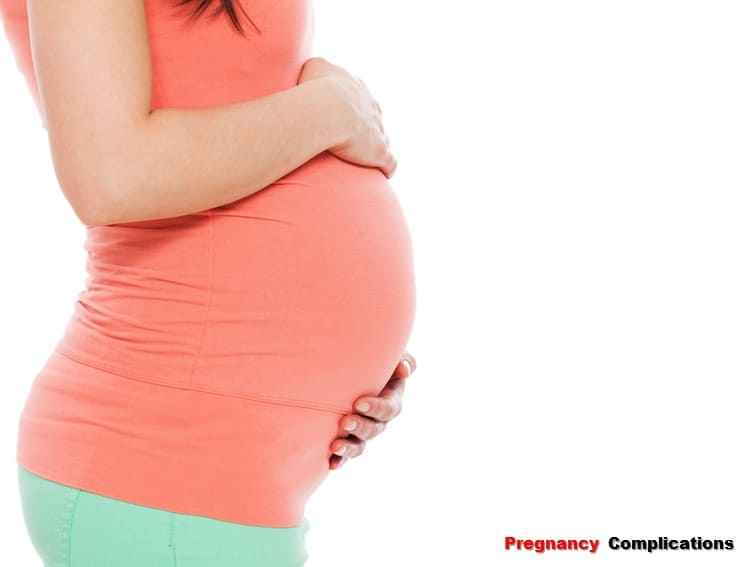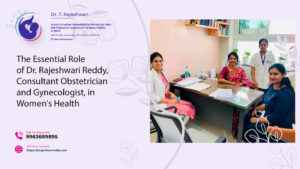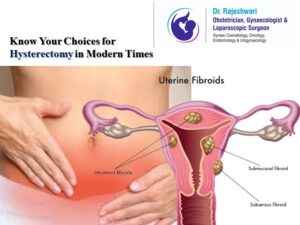Pregnancy Complications: Each pregnancy has its own set of risks. However, with proper prenatal care and support, you can reduce these risks. Complications during pregnancy can be caused by a variety of factors, including your age overall physical and mental health status, and also your lifestyle.
During pregnancy, some women may have health issues. These issues can affect the health of the mother, the baby, or both. Even healthy women too can have pregnancy-related difficulties. Pregnancy-associated with severe health issues is termed as a high-risk pregnancy. If pregnancy is high-risk owing to recurrent pregnancy loss, structural issues with the cervix or uterus, improperly positioned placenta, then utmost prenatal care becomes indispensable.
Risk Factors
Women Under Age 20
Women under the age of twenty are at a far greater risk for serious medical issues during pregnancy than women over the age of 20. Teenage mothers are more likely to have the following issues: Premature birth, low birth weight, and preeclampsia.
Nutritional Deficiencies
Bad eating habits are more common among young females. Nutritional deficiencies can put an additional burden on the body, resulting in increased issues for both the mother and the kid. The most common nutritional deficiency is anemia.
Iron-deficiency anemia
Pregnant women need an increased amount of blood during pregnancy and therefore, need iron more than their normal requirements. If the body doesn’t get enough iron during pregnancy, the risk of iron deficiency anemia increases manifold. Low birth weight and preterm babies are the most common complications.
Hypertension
Premature birth can be triggered by elevated blood pressure during pregnancy. Blood pressure that develops during pregnancy is called gestational hypertension. Hypertension during pregnancy may make it difficult for blood to reach the placenta that provides oxygen and nutrients to the growing fetus. Therefore, high blood pressure slows down the growth of the fetus and puts the mother’s health at a huge risk of preeclampsia and preterm labor. Malnourished and preterm newborns may be born due to this condition, necessitating specialist care.
Pregnancy in Women above age 35
Hypertension, diabetes, and heart disease are more common pregnancy complications in older women, which might make their pregnancies more difficult. When these disorders aren’t properly managed, they may lead to miscarriage, fetal growth problems, and birth abnormalities.
Chromosomal problems
Due to chromosomal problems, a woman over 35 has an increased probability of producing a kid with birth defects. Down syndrome is the most common chromosome-related birth disorder. It causes intellectual impairment and physical deformities in varying degrees. The risk of chromosomal problems can be determined through prenatal testing and diagnostics.
Miscarriage
As per the Mayo Clinic, females over the age of 35 have a higher risk of miscarriage. While the exact cause is unknown, it’s thought to be related to an increased risk of preexisting medical issues mixed with a decline in the quality of a woman’s ova as she gets older.
Preterm Labour
Preterm labor is a common problem associated with pregnancy. Infants who are born before 37 weeks of gestation are at risk of other complications – such as infections. They may also be at the risk of health issues associated with their neurological development as their vital organs such as lungs and brain fail to develop fully.
Weight-Related Complications
Obese women are more likely to have babies with the following birth abnormalities:
- Spina bifida
- Congenital heart disease
- Cleft palate and lip
- Hydrocephaly
Obese women are also more likely to have gestational diabetes or hypertension during pregnancy. This can result in a smaller baby than planned and raise the risk of preeclampsia.
Gestational Diabetes
Gestational diabetes develops when a woman who did not have diabetes prior to pregnancy acquires it while pregnant. Glucose is your body’s primary energy source. After digestion, glucose enters your bloodstream and provides energy to your body.
Your pancreas produces the hormone insulin to transport glucose from your bloodstream to your body’s cells. Hormonal fluctuations caused by pregnancy cause the body to either not synthesize enough insulin or not utilize it properly, resulting in gestational diabetes. However, the glucose in your blood builds up, resulting in diabetes, often known as high blood sugar.
The best method to decrease or prevent issues linked with uncontrolled diabetes during pregnancy is to manage gestational diabetes by following a treatment plan established by a health care professional. If not managed properly, it can lead to preeclampsia a large baby and many other complications which increase the chance of cesarean delivery and further requirement of intensive monitoring of mother and baby.
PCOS
Polycystic ovarian syndrome (PCOS) is a hormonal condition that causes irregular menstrual cycles and a malfunctioning ovary. PCOS increases the risk of miscarriage, early birth, gestational diabetes, and preeclampsia in pregnant women.
learn more about PCOS:
Bottom Line
Every pregnancy is unique – this means, it comes with its own set of health issues. The health of a pregnant woman depends on her age, weight, and pre-existing medical condition. In addition, certain health issues may raise the likelihood of pregnancy complications – for instance, high BP, diabetes, and obesity. If you fall into any of these categories, make an appointment with your obstetrician and gynecologist. She will provide you with the required prenatal care and support that you need to lower your risk. Prenatal care may also help in the detection of pregnancy-related mental health issues such as anxiety and stress.





